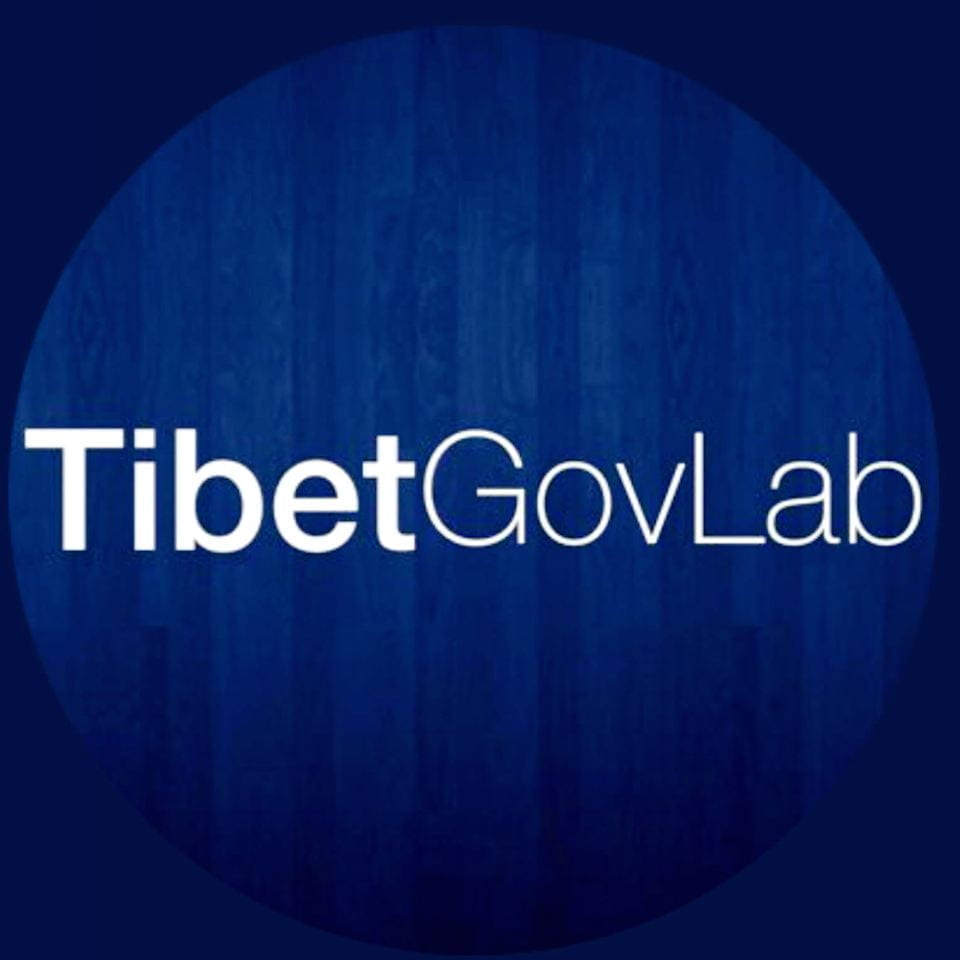

Current Issues in East Asia
“Fiscal Policy in Regional Governance: A Case Study on Tibetan Areas of China”

Speaker
Yang Minghong
Professor, Southwest Frontier Minority Research Center, Yunnan University
Kunming, Yunnan, PRC
Date & Time
Monday, August 26, 2019
9:30 AM – 10:45 AM
Location
Chung-wen Shih Conference Room – Suite 503
Elliott School of International Affairs
1957 E Street, NW, Washington, DC 20052
Event Description
You are cordially invited to join The George Washington University’s East Asia National Resource Center (NRC) and the RIMS | Tibet GovLab for a special discussion on the topic of economic issues in the Tibetan areas of China. As part of its education and outreach efforts to promote the study of East Asian culture and affairs, the NRC seeks to provide learning resources to educators, scholars, and future policymakers. This event is free and open to the public and media. Light refreshments will be available.
Speaker
Minghong Yang is a Professor of the Southwest Frontier Minority Research Center in Kunming, China. He is also a Senior researcher fellow at the Institute of Tibetan Studies at Sichuan University in Chengdu, China. His research focuses on Tibetan studies, especially regarding economic and social development, and international affairs of South Asia. Previously, he served as the managing director of the Institute of Social Development and Western China Development Studies at Sichuan University.
Moderator
Tashi Rabgey is a Research Professor of International Affairs at the Elliott School and director of the Tibet Governance Project at the Sigur Center for Asian Studies. She is currently developing as seed projects the Tibet Governance Lab (TibetGovLab) and the Research Initiative on Multi-Nation States (RIMS).
Professor Rabgey’s research focuses on governance, territoriality and the problems of contemporary statehood in the People’s Republic of China and in comparative context. Her interdisciplinary work draws on her fields of political and legal anthropology, international legal theory, contemporary Tibetan studies and comparative Chinese law.

